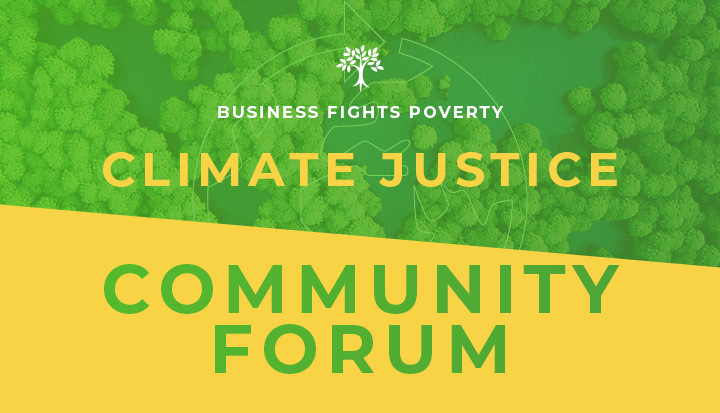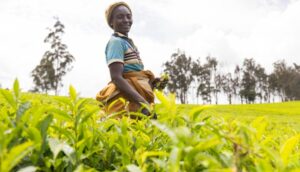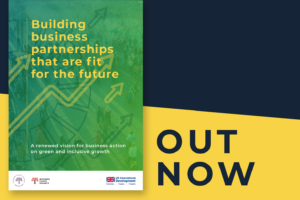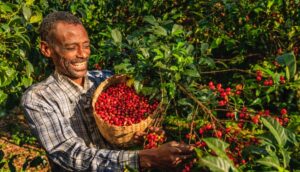A few years ago the provocative statement “Business is the only sustainable solution to Poverty”emblazoned the stage of the Transformational Business Network Conference. If pushed to apply hard economic realities, few would deny that it’s true. Establishing sufficiency and security in the world’s most troubled economies can only truly be accomplished by making the citizens net contributors. However the hard economic realities are often barriers to opportunity for the marginalised majority within world economy. The challenge is finding points of engagement and scalable strategies to gain traction in those communities and then leverage success.
Over the past decade Transformational Business Network (TBN) has been seeking to effectively deploy technical and professional support along with investment capital to shift the bias of those economic realities to create growth on the ground.
Transformational Business Network is just that; a network. It is as innovative and resilient as its member-base and its synaptic connections transmit the spark of enterprise into low-income economies and poverty-gripped communities. As an organisation we do not directly run any projects ourselves but inspire, catalyse and support our members and extended networks to take the initiatives. Initiatives that achieve measurable social and economic impact in places where it would not happen without such intentionality.
For a sample of the our activities why not watch “The Role of TBN” on: www.tbnetwork.org/about
TBN came into being as early adopters of the emerging consensus that business is the engine that drives opportunity and, in turn, development. From beginning as early adopters we have continued to evolve, evaluate and refine our role. Over the last decade the agenda and complexity of issues has become more layered and nuanced. Accordingly an accompanying vocabulary (or jargon, if you like) has developed. One term that captures the essence of our Network is impact investment or enterprise ecosystem. The biological definition of an ecosystem is “a group of diverse organisms, and natural elements bound to a common environment existing in a balanced and dynamic inter-action sustaining life”. Whilst jargon can no doubt become exclusive it does in fact add focus to both speech and action. If investment is understood as human resource and expertise as well as financial then that term impact investment ecosystem neatly captures what TBN has evolved into.
The diversity of “organisms” represented includes technical professionals using their resources to isolate challenges and impart expertise along with financial professionals developing investment readiness, conducting due diligence and brokering investment. It extends to local entrepreneurs and advocates serving to increase the efficiency of the engagement. It consists of shared knowledge bringing increased rewards and benefits. In our first ten years through the Network:
- 67 Projects have been launched in 22 countries
- 20,000+ jobs have been created
- $35million dollars has been directly invested or leveraged.
Intentional engagement has also had demonstrable positive impact in areas that not so easy to measure accurately including education, improved housing and sanitation, environmental protection.
The diversity and connectivity of the ecosystem is well-represented in the programme of our upcoming Annual Conference. Running under the theme “Business Leadership Fights Poverty”, we will gather in the Congress Centre London on May 25th.
Top speakers include:
 |
Howard Taylor | Vice President, Nike Foundation |
 |
Vivina Berla | European Director, Sarona Asset Management |
 |
Steve Beck | CEO, SpringHill Equity Partners |
 |
Rob Wilson | Ashoka Foundation |
 |
Carter Crockett | Karisimbi Partners |
Additional case-studies will bring the social proofing of where and how the ecosystem functions. No longer simply early adopters, TBN is looking to remain a pace-setter, redefining its proposition to ensure that it is active and delivering impact.
Why not join us on May 25th and understand the evolving ecosystem and find your place in it, not as observers but active agents for transformation? Book now »
For full programme and booking details see:
Conference webpage:
www.tbnetwork.org/conference
PDF brochure:
www.tbnetwork.org/conference-brochure











One Response
Yes it is possible through community participation to inspire village people to engage in production regardless the type of product produced. The are many potential opportuinities in agriculture industry especially in Africa where we land as a major factor of production. We grow coffee, avocados, sunflower and other cereal crops but we sell raw products instead of processed or semi-processed products. From this business sumits of ecosystem we should come out with some recommendations on how to solve the problem, to run agriculture with environments care, protecting natural insects like termites, bees etc.